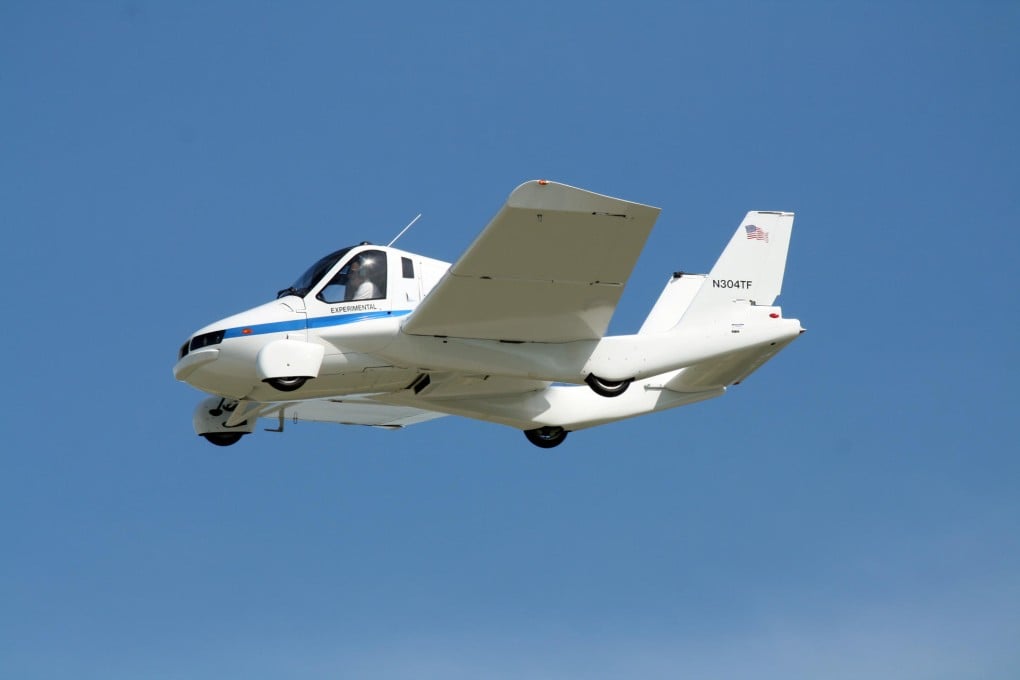US maker of flying cars seeks mainland China partners
Massachusetts-based Terrafugia is seeking strategic partners on the mainland to help fund its plan to put its flying car on the streets and in the air by 2016.

Massachusetts-based Terrafugia is seeking strategic partners on the mainland to help fund its plan to put its flying car on the streets and in the air by 2016.
In less than a minute, Terrafugia's Transition flying vehicle can be transformed from a car to an aircraft by unfolding its wings.
Powered by a 100-bhp engine, it can reach speeds of up to 105km/h in car mode and cruise at 160km/h in the air.
Terrafugia co-founder and chief executive Carl Dietrich, visiting the mainland this month, said he was looking for equity investors as strategic partners for the first time.
After meeting government economic development groups, officials and potential investors, Dietrich said they were interested to know how flying cars might work on the mainland and what kind of timeframe he was looking at.
"We have been talking to private equity funds, government funds and individual companies that have similar business interest," he said after visiting cities including Beijing, Shanghai, Hangzhou and Wuxi. "What ideally we would like to do is to get two of those three groups together."